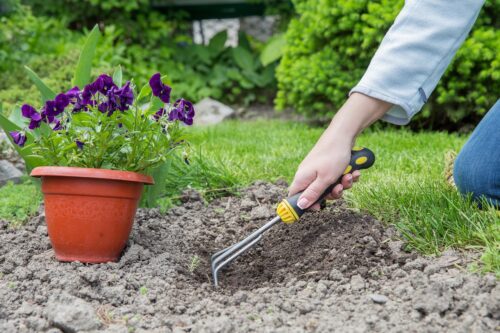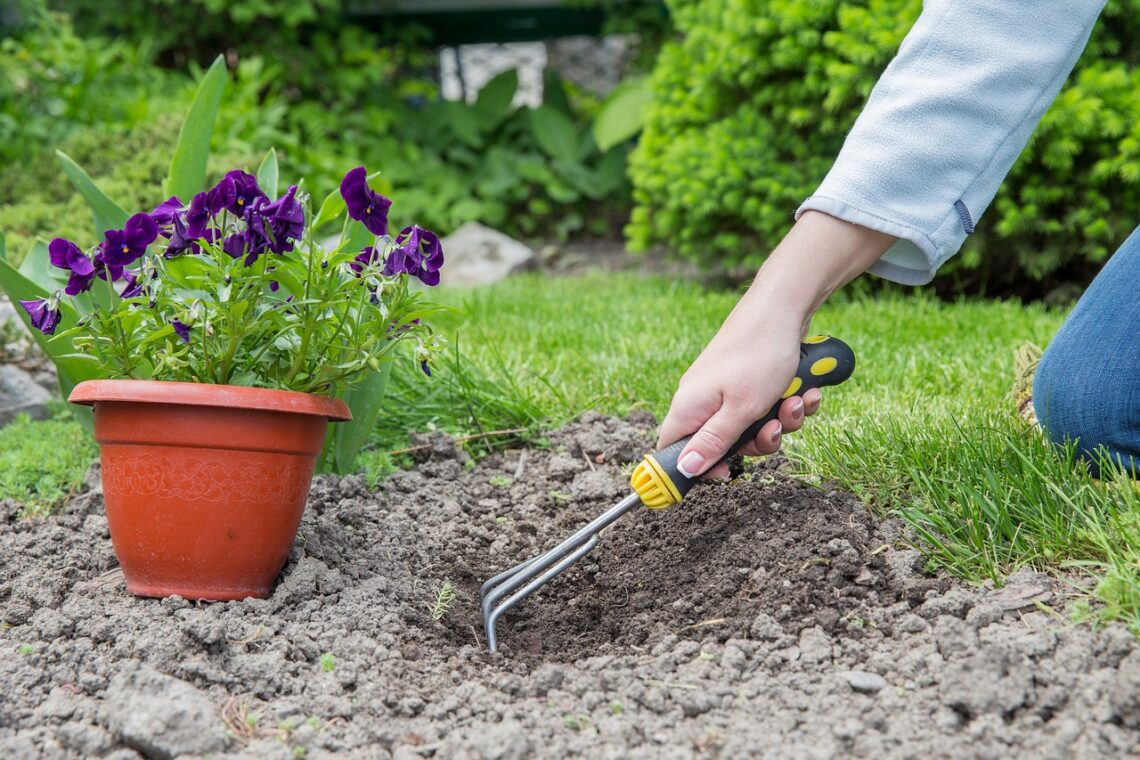Don’t get upset about your garden in the hot weather. Find out what to plant in July, and enjoy gardening by growing your favorite plants.
In the United States, July is the hottest month of the year. It becomes tough to decide what to plant in July as cool-weather crops such as spinach and lettuce go against the heat and become bitter. Early-blooming ornamental flowers, wildflowers, and spring bulbs stop flowering. On the other hand, herbs such as cilantro flower quickly and die.
When you start to plant during spring, heat-loving plants such as beans and tomatoes can still thrive. Herbs such as sage, thyme, and rosemary flourish. Well, if you have not started early, then there are still options for herbs, veggies, and flowers that you can grow in July.
The best tip is that, if your garden is in a warm zone, where first frost comes late in the fall, choose plants that take long time to bloom or establish. Conversely, if your garden is in a cool zone, select crops and ornamentals that flower or mature before the first fall frost.
How to Decide What to Grow in July

Most gardeners choose succession planting in July, which implies that they have already harvested their first crop and are preparing to plant again. Even if this is your initial planting, it’s important to be aware of a couple of key dates.
When growing plants from seeds, check the details on the seed packets to find how many days each vegetable takes to mature or a variety of blooms to flower. Do research for extra information and read the labels or tags if planting vegetables from transplants or young plants. Also, if you are planting young flowering plants, they are likely already flowering.
After that, do a search about the average first frost date of your zone. For this, get help from a neighboring gardener or local extension service. Select the variety, that flowers before that date. You can see the label ‘early maturing.’
To make this task easier, consider the following example: if you want to grow pumpkins in early July and the average first fall frost date in your area is November 12, then you will need a variety that matures before this date.
Generally, pumpkins mature in 90-120 days, so go for a type that can be harvested in approx 85 days, such as miniature ‘Jack Be Little.’ Keep in mind that average frost dates are guesses, so there is a chance that your plants will be harmed earlier by unexpected frost. For the safer side, be prepared to protect the plants or invest some more time in the planting schedule.
NOTE: If you are living in USDA Zone 3, then remember it has the shortest growing season in the US, and temperature can fall to minus 30 degrees there.
What to Plant in July in Cool Zones
1. Lettuce
2. Cilantro
3. Arugula
4. Spinach
5. Parsley (Can be harvested in eight weeks after sowing)
Vegetables to Grow in July
6. Beans (Bush beans usually mature faster than pole beans)
7. Broccoli
8. Collards
9. Cauliflower
10. Carrots (Plant them not later than mid-July)
11. Cucumbers
12. Asian Greens
13. Lettuce (Choose Bolt-resistant and heat-tolerant varieties)
14. Kale
15. Radishes
16. Swiss chard
17. Pumpkins
18. Peas
19. Squash
20. Zucchini
21. Leeks
22. Beets
23. Tomatoes (Grow from transplants; the temperature has to be under 90 F, or the fruit cannot set)
NOTE: Many tomato varieties need up to 100 days to produce fruit. Hence, select a fast-growing variety if you are planting in July; for e.g., ‘Early Girl’ can be harvested in just 50 days.
Herbs to Grow in July
24. Basil
25. Cilantro
26. Parsley
27. Oregano
28. Chives
29. Sage
30. Thyme
31. Rosemary
Note: You can plant these fast-growing herbs in July. Grow them from seeds or purchase young plants. To overwinter, move them indoors and keep them on a bright windowsill.
Flowers You Can Plant in July
The best season to plant perennials is spring or fall, though they can be planted at any time of the year if the soil is not overly wet or frozen. When planting perennials in July, water and mulch them properly.
You can plant fast-growing annuals in July from seeds or transplants.
32. Cornflowers
33. Pentas (In warm climates, it may come back as perennials)
34. Alyssum
35. Marigolds
36. California Poppies
37. Zinnia
38. Cosmos
39. Cleomes
40. Sunflowers
41. Morning Glories
Points To Consider
- Use shade cloth or floating row cover when the climate is too hot in July to protect young plants from harsh sunlight.
- Maintain the soil moisture with frequently watering young plants and seedlings.
- To control weed growth and retain moisture, mulch the plants with shredded leaves or weed-free straw.
- If your plants fail to complete the journey, then try planting drought-tolerant succulents. Keep them in partial shade. Before the temperature drops, move them indoors by potting them up in containers.
- If you lack garden space, you can grow plants in pots or window boxes. The best thing about containers is that they can be moved easily to shaded areas.



